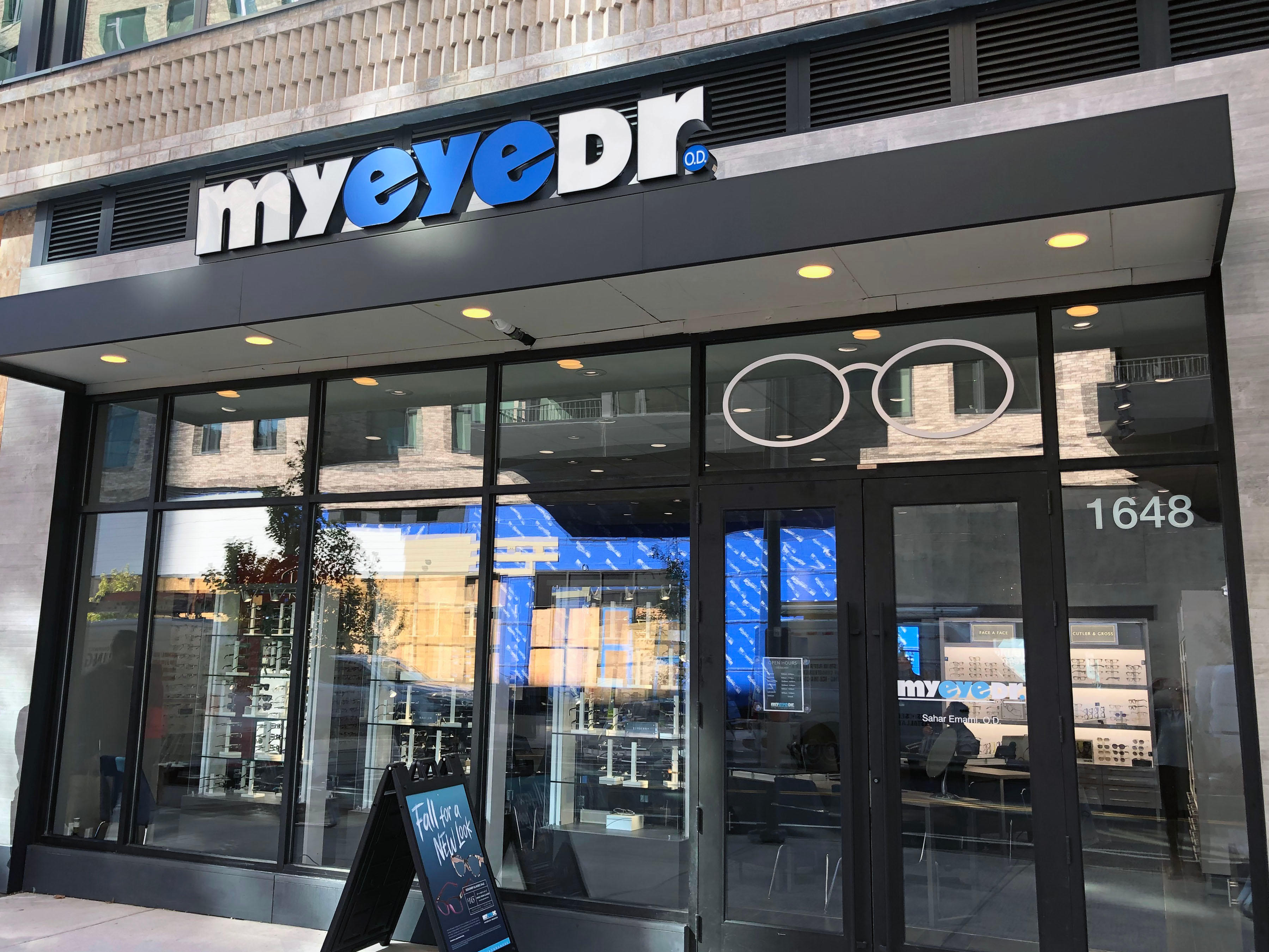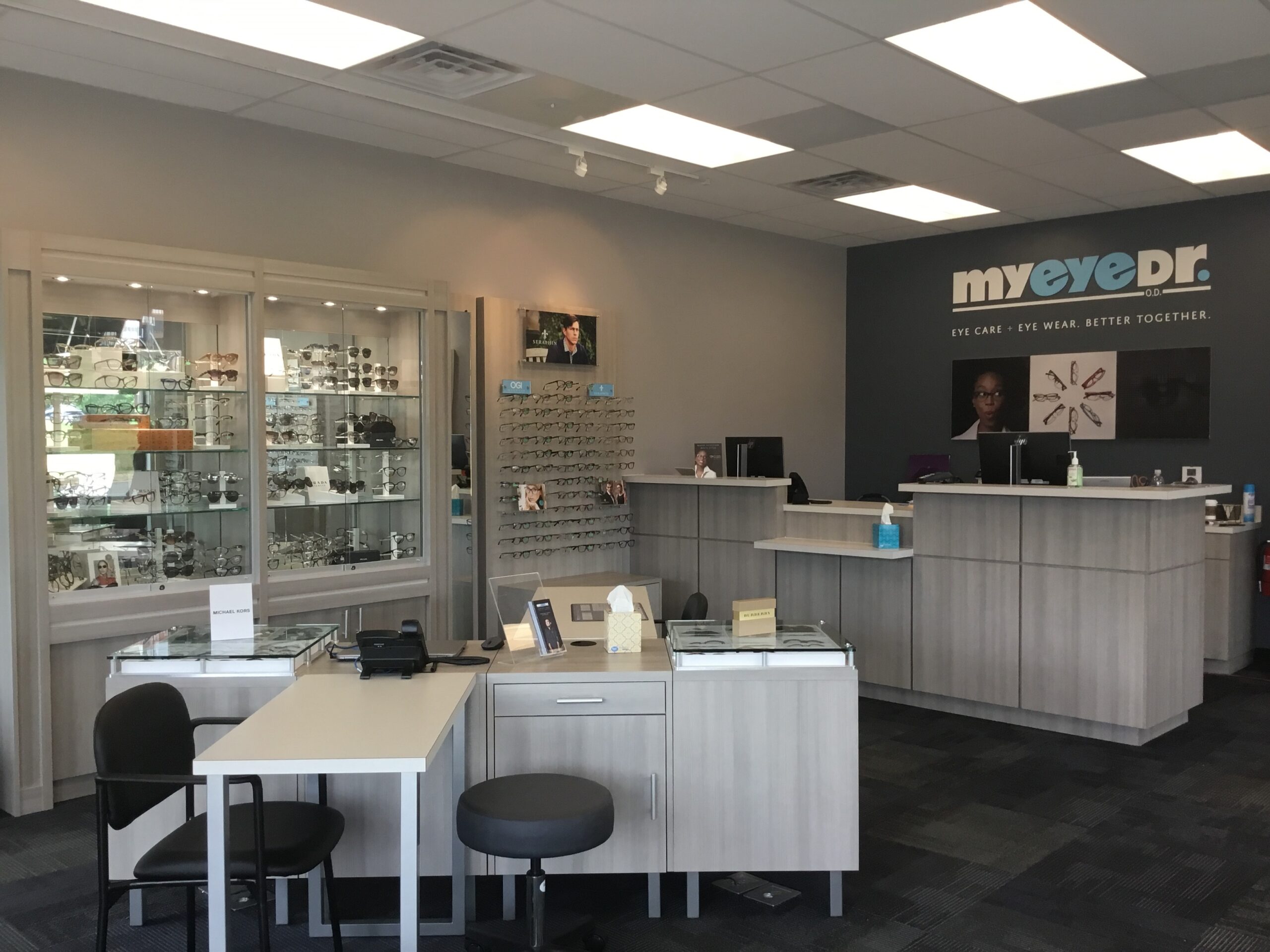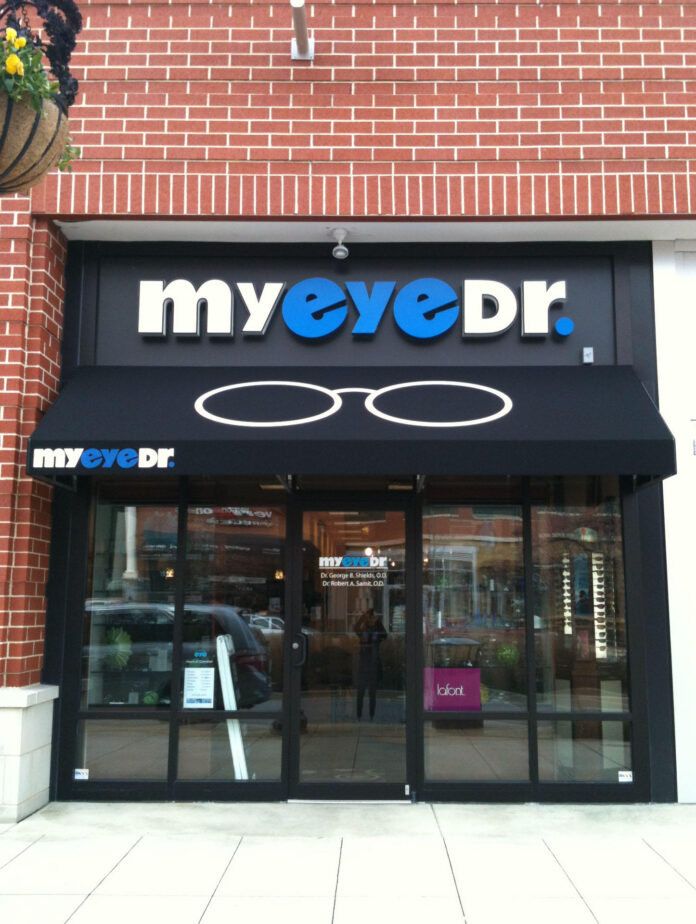Our eyes are one of the most important senses we have, allowing us to see the world around us. Regular visits to an eye doctor are essential for maintaining good eye health and ensuring that our vision remains clear. Eye doctors, also known as optometrists or ophthalmologists, provide a range of services, from routine eye exams to diagnosing and treating eye conditions. Understanding the role of your eye doctor and what to expect during your visits can help you take better care of your eyes.
In this article, we will explore the importance of regular eye check-ups, the different types of eye doctors, common eye problems, and tips for choosing the right eye doctor for you. Additionally, we will discuss how to prepare for your appointment and what to expect during your visit, ensuring that you are well-informed about your eye care.
The Importance of Regular Eye Check-Ups
Maintaining Good Vision
One of the primary reasons to see an eye doctor is to maintain good vision. Many people assume that if they can see well, there is no need for an eye exam. However, some vision problems can develop gradually without noticeable symptoms. Regular check-ups allow your eye doctor to detect issues early and provide necessary treatments, helping to prevent further vision loss.
Preventing Eye Diseases
Eye diseases such as glaucoma, cataracts, and macular degeneration can develop without obvious signs. Early detection is crucial for effective treatment. Regular visits to your eye doctor can help identify these conditions before they become severe, allowing for timely intervention. This proactive approach to eye health can lead to better outcomes and a higher quality of life.
Types of Eye Doctors
Optometrists
Optometrists are primary eye care providers who perform eye exams, prescribe corrective lenses, and diagnose and treat certain eye conditions. They can also provide recommendations for eye health and wellness. Optometrists play a vital role in preventive eye care and often refer patients to ophthalmologists for more complex conditions.
Ophthalmologists
Ophthalmologists are medical doctors who specialize in eye care. They perform eye surgery, treat serious eye diseases, and can prescribe glasses or contact lenses. Ophthalmologists typically have extensive training and can handle complex eye conditions, making them essential for patients with more serious eye issues.

Common Eye Problems
Nearsightedness and Farsightedness
Nearsightedness (myopia) and farsightedness (hyperopia) are common refractive errors that affect how we see. Nearsighted individuals have difficulty seeing distant objects, while farsighted people struggle to see close objects. These conditions can be easily diagnosed and treated with glasses or contact lenses.
Dry Eye Syndrome
Dry eye syndrome occurs when the eyes do not produce enough tears or when the tears evaporate too quickly. This condition can cause discomfort, redness, and blurred vision. An eye doctor can recommend treatments such as artificial tears, medications, or lifestyle changes to alleviate symptoms.
Cataracts
Cataracts are cloudy areas that form in the lens of the eye, leading to blurry vision and difficulty seeing at night. Cataracts develop gradually and are common in older adults. An eye doctor can determine the severity of cataracts and recommend surgical options if necessary.
Choosing the Right Eye Doctor
Consider Your Needs
When selecting an eye doctor, consider your specific needs. If you require routine eye exams and prescriptions for glasses or contacts, an optometrist may be sufficient. However, if you have a specific eye condition or require surgery, an ophthalmologist would be more appropriate.
Check Qualifications and Reviews
Research potential eye doctors in your area. Look for their qualifications, experience, and patient reviews. This information can provide insights into their expertise and patient care. Many healthcare websites offer reviews and ratings, helping you make an informed decision.
Preparing for Your Appointment
Bring Important Information
Before your appointment, gather important information to share with your eye doctor. This includes your medical history, any medications you are taking, and details about any vision problems you may be experiencing. This information helps your doctor understand your eye health better.
Wear Appropriate Eyewear
If you currently wear glasses or contact lenses, bring them to your appointment. Your eye doctor will want to assess your current prescription and determine if any changes are needed. If you wear contact lenses, avoid wearing them for at least a few hours before your visit, as this can help provide a more accurate assessment of your eye health.
What to Expect During Your Visit
Comprehensive Eye Exam
During your appointment, your eye doctor will perform a comprehensive eye exam. This typically includes tests to assess your vision, check for refractive errors, and evaluate the overall health of your eyes. Common tests include reading an eye chart, checking eye pressure, and examining the back of your eyes with a special instrument.
Discussion of Findings
After the exam, your eye doctor will discuss the findings with you. They will explain any vision problems or eye conditions you may have and recommend treatment options if necessary. This is also an excellent time to ask any questions or express concerns about your eye health.

Conclusion
In conclusion, regular visits to your my eye doctor are essential for maintaining good eye health and preventing vision problems. Understanding the different types of eye doctors, common eye conditions, and how to prepare for your appointments can help you make the most of your eye care experience. By prioritizing your eye health and staying informed, you can ensure that your vision remains clear and healthy for years to come.
Taking care of your eyes is a vital part of overall health. Don’t wait for symptoms to arise; schedule regular check-ups with your eye doctor to monitor your vision and detect any potential issues early. Remember, your eye health is important, and investing in regular eye care will lead to a brighter and clearer future.
FAQs
Q: How often should I see my eye doctor?
A: It is recommended to have an eye exam every one to two years, depending on your age and eye health.
Q: What should I expect during an eye exam?
A: An eye exam typically includes vision tests, eye pressure checks, and a thorough examination of the eye’s health.
Q: Can I wear contact lenses instead of glasses?
A: Yes, many people choose to wear contact lenses for convenience or aesthetic reasons. Your eye doctor can help you choose the right type.
Q: What are common signs of eye problems?
A: Common signs include blurry vision, frequent headaches, eye strain, redness, and difficulty seeing at night.Q: How can I improve my eye health?
A: To improve eye health, maintain a balanced diet, stay hydrated, protect your eyes from UV rays, and schedule regular eye exams.

